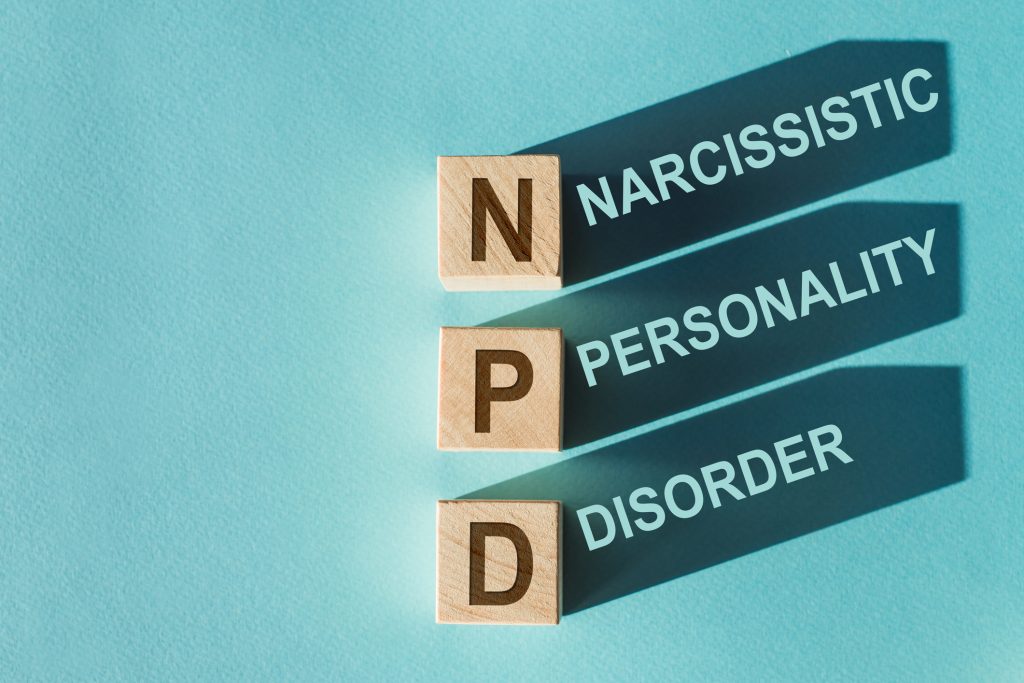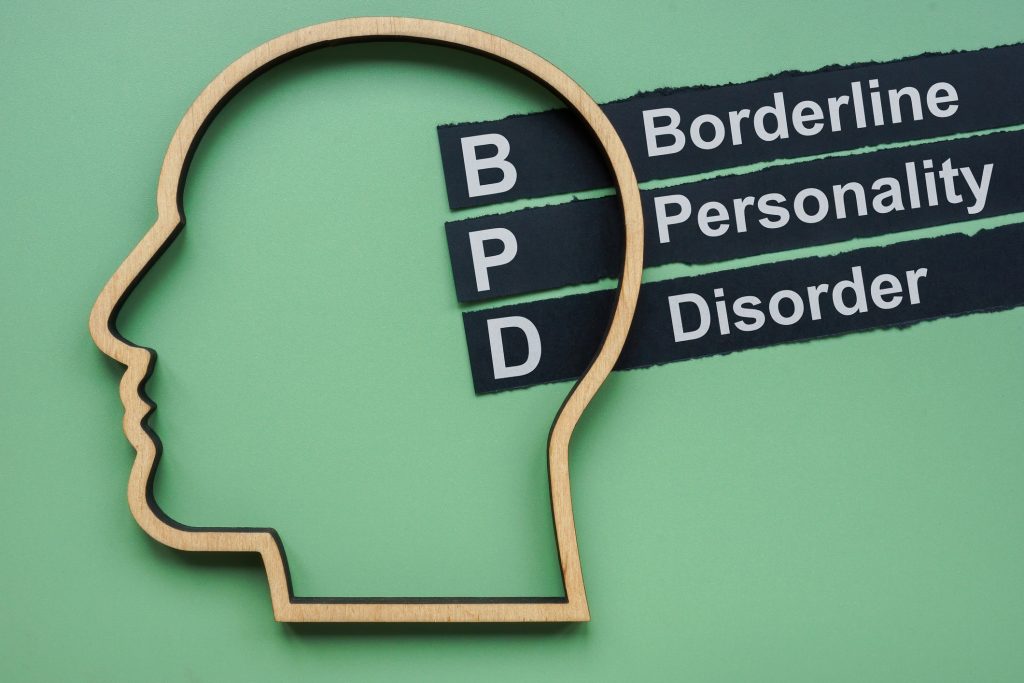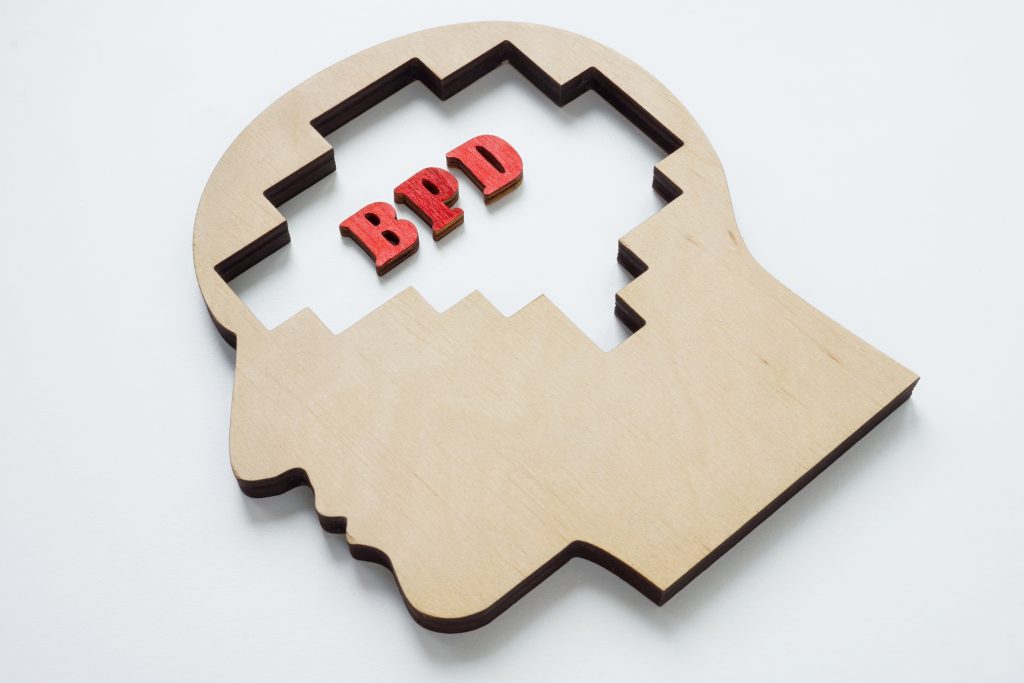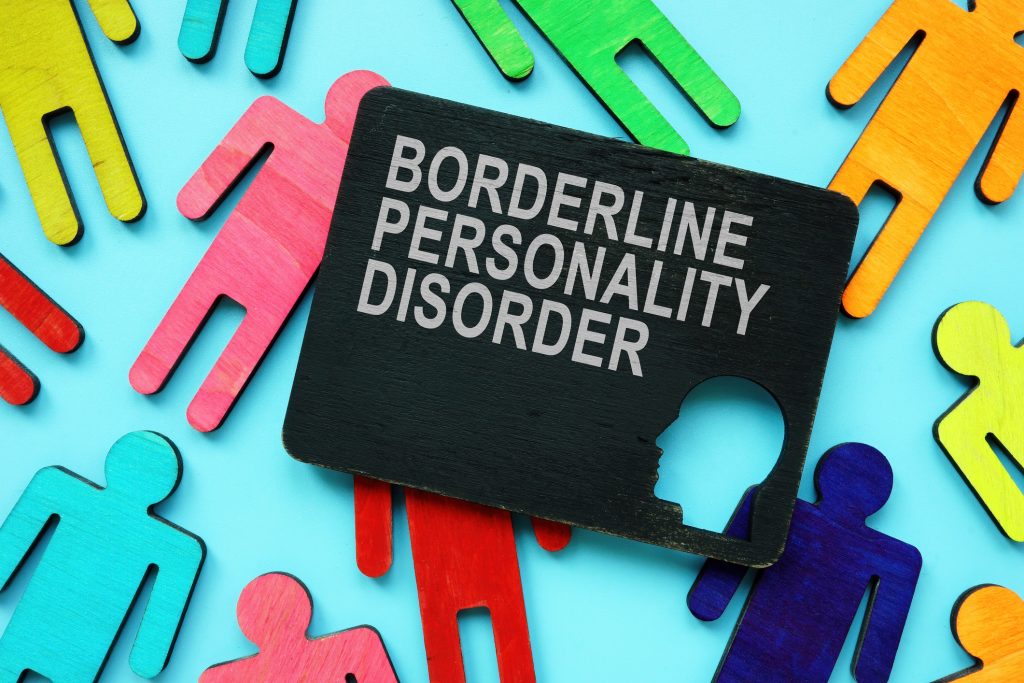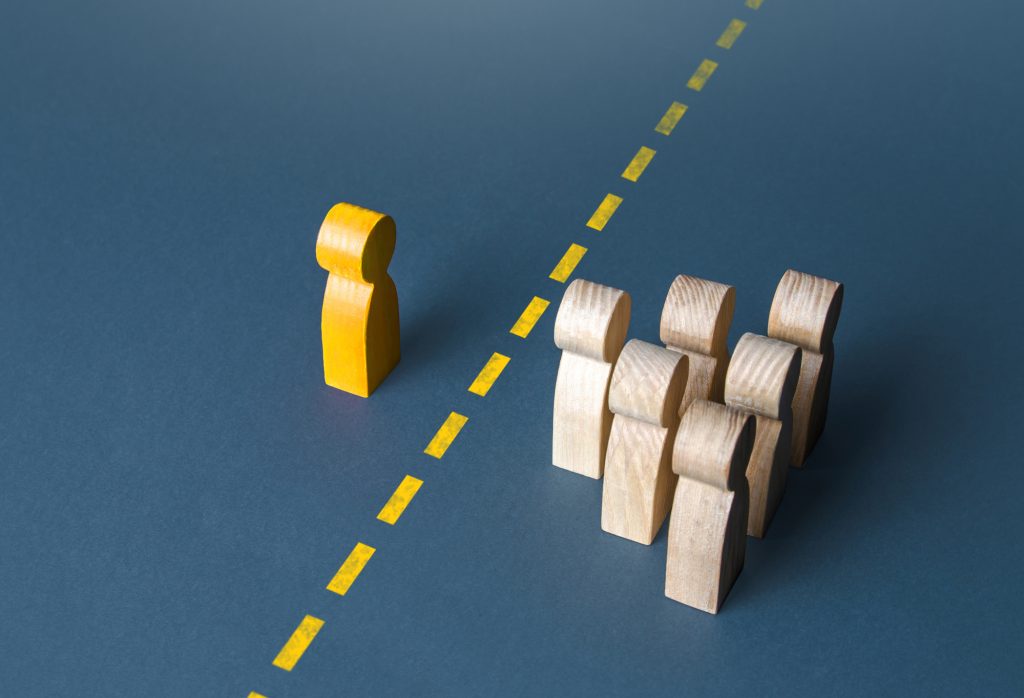
How Can an Accountability Coach Help You Un - Enmesh from a Toxic Partner
By JJ Keeler
An accountability coach is essential in your boundary – setting, you – first, self – care arsenal. A coach can help you free yourself from enmeshment by identifying codependent and damaging dynamics, fostering independence, and communicating effectively. Even though a coach and counselor support you on your journey toward growth and wellness, a coach is slightly different from a counselor.
Coaches focus on the present and future. They assist clients with action – oriented solutions and goal – setting strategies . They help maximiz e strengths while focusing on what you can do now to improve your outcome. Counselors, in contrast, are professionals who focus on mental health and emotional issues.
They spend more time examining the past and typically focus on underlying issues while helping clients develop coping mechanisms and, in some cases, help them unpack traumatic experiences.
The two professionals can work very well tog ether. T his article wi ll focus on accountability coach es and how they can help you unpack enmeshment from a toxic partner.
Recogniz e the Issue
Most people have heard of rose – colored glasses; enmeshment comes with a similar set of blinders that prevent people from recognizing the toxic hole they ’ ve fallen into. This is where an accountability coach can make a world of difference; an objective voic e with an outside perspective, a coach can help you see the signs of enmeshment, recognize when your boundaries are being violated, and learn how to untangle yourself.
Set Boundaries:
Setting boundaries is the key to freeing yourself from enmeshment, and an accountability coach can walk you through the steps that make boundaries feel like second nature (eventually, at least) . They ’ ll likely work with you to do the following:
- Develop self – awareness by exploring your thoughts, feelings, and wants
- Spend time alone pursuing your interests, discovering your passions, meeting your emotional needs, and building independence.
- Understand personal responsibility by recognizing that it ’ s your job to set boundaries (a toxic partner certainly won ’ t pu t them for you)
HoneCommunicationSkills:
Clear,assertive, and consistent communication is vital to ensure that the boundaries you’ve learned to set stick in the long run. An accountability coach can guide you in the following:
- Practicing difficult conversations, such as how to say “ no ” to things you don ’ t want to do, ask for space, and initiate conversations around things you’ve found hurtful
- Asking for what you need or want out of a relationship
- Walking away from a relationship with straightforward and firm language
Develop Coping Skills
Enmeshing yourself from a partner is only half the battle, whether navigating a new type of relationship with your partner or moving on from them entirely, you ’ ll need coping skills in your wheelhouse to lean on . An accountability coach can help you develop these skills by doing the following:
- Cultivating solution – focused strategies to specific problems (such as moving on from a long – term relationship)
- Exploring emotion – focused strategies, such as meditation, mindfulness, journaling, sound therapy, and deep breathing exercises
- Adopting healthy activities, such as exercising, getting enough sleep, eating a well – balanced diet, and destressing.
Importantly, an accountability coach can also provide ongoi ng support, including one – on – one coaching sessions, daily texts, and/or weekly or monthly check – ins. This continuous care empowers you to avoid falling into a similar trap and getting enmeshed again.


